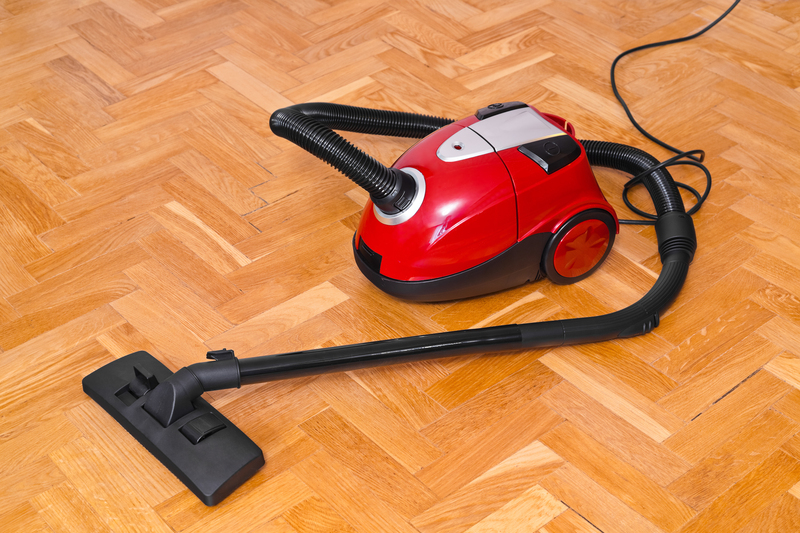Mattress Replacement Frequency
Mattress Replacement Frequency: Ensuring Optimal Sleep Quality
Why Mattress Replacement Frequency Matters
Sleep is essential for overall health and well-being, and your mattress plays a pivotal role in the quality of sleep you get. Understanding how often you should replace your mattress can have a significant impact on your rest, health, and comfort.

Recommended Mattress Replacement Frequency
While the exact lifespan of a mattress can vary based on its type, quality, and usage, a general guideline is to replace your mattress every 7-10 years. Factors such as material breakdown, support degradation, and technological improvements in sleep products can influence this timeline.
Factors That Affect Mattress Longevity
Several factors can affect how long your mattress lasts, including:
- Material: Memory foam, innerspring, latex, and hybrid mattresses all have different lifespans.
- Usage: The frequency of use and the weight of sleepers can impact wear and tear.
- Maintenance: Regular cleaning and proper support can extend the life of a mattress.
Signs It's Time to Replace Your Mattress
Even if your mattress hasn't reached the 7-10 year mark, certain signs indicate it's time for a replacement:
- Discomfort: Waking up with aches and pains frequently.
- Visible Sagging: Noticeable dips or lumps in the mattress.
- Allergies: An increase in allergy symptoms, possibly due to dust mites and allergens.
- Noisy Springs: Squeaking or creaking sounds from the mattress.
Pros and Cons of Regular Mattress Replacement
Looking at the pros and cons can help you make a more informed decision about replacing your mattress regularly:
Pros:
- Enhanced Comfort: Newer mattresses often provide better support and comfort.
- Improved Sleep Quality: Fresh bedding material can contribute to more restful sleep.
- Health Benefits: Reducing exposure to allergens and improving spinal alignment.
Cons:
- Cost: Regular replacement can be a significant financial investment.
- Environmental Impact: Increased waste and resource consumption.
- Adjustment Period: Switching mattresses can take some time for your body to adjust.
Tips for Extending Mattress Lifespan
To make the most of your mattress and ensure it lasts as long as possible, consider adopting these tips:
- Use a Mattress Protector: Protect against spills, stains, and allergens.
- Rotate Regularly: Rotate your mattress every 3-6 months to promote even wear.
- Clean Periodically: Vacuum and air out your mattress to keep it fresh.
- Support Matters: Ensure a proper bed frame and avoid placing your mattress directly on the floor.

Key Takeaways
To summarize, here are the critical points to remember about mattress replacement frequency:
- Replace your mattress every 7-10 years for optimal sleep quality.
- Recognize signs of wear and discomfort to avoid prolonged use of an old mattress.
- Regular maintenance can extend the life of your mattress.
- Weigh the pros and cons of regular replacement to make an informed decision.
Conclusion
Ensuring you replace your mattress within the recommended timeline can greatly enhance your sleep quality and overall well-being. While the cost and environmental impact of frequent replacement can be considerable, the benefits often outweigh these factors. By paying attention to signs of wear and taking steps to maintain your mattress, you can enjoy better sleep and a healthier lifestyle. Remember, an investment in a good mattress is an investment in your health and happiness.



